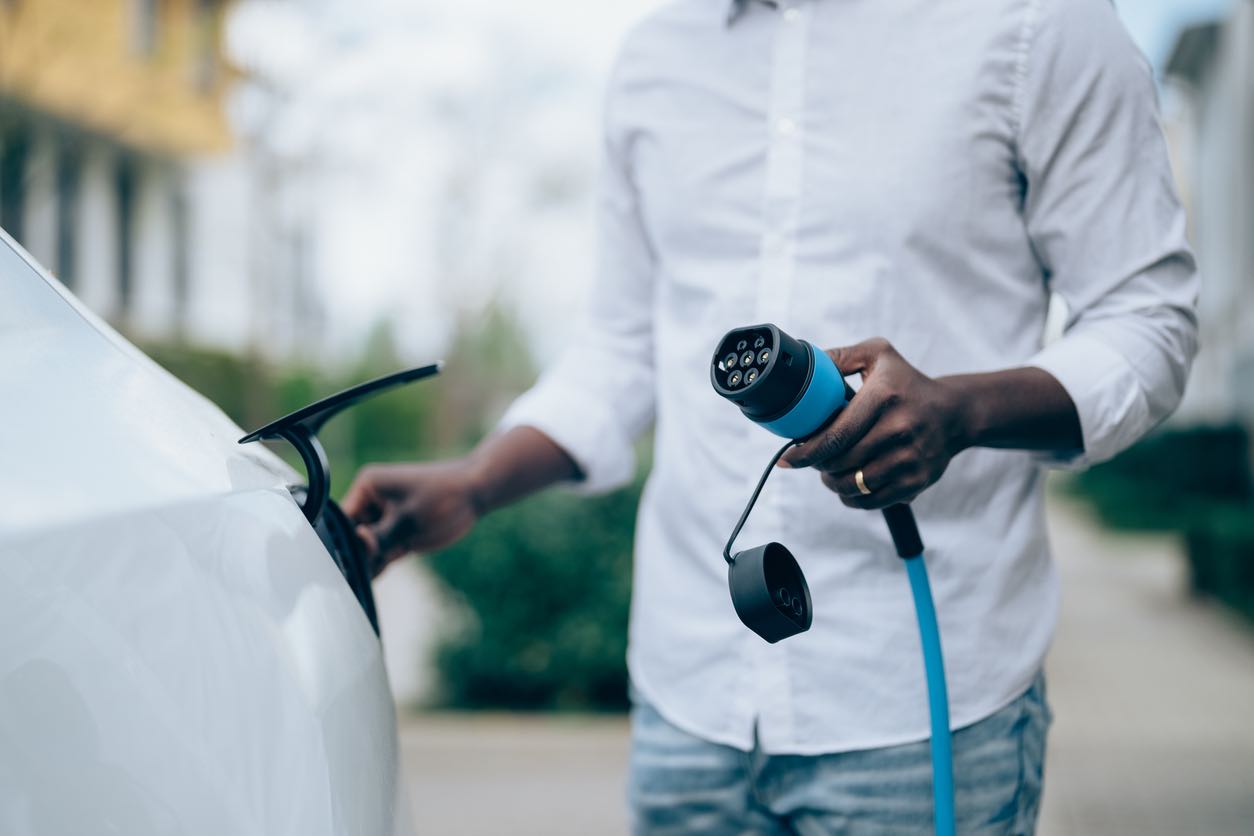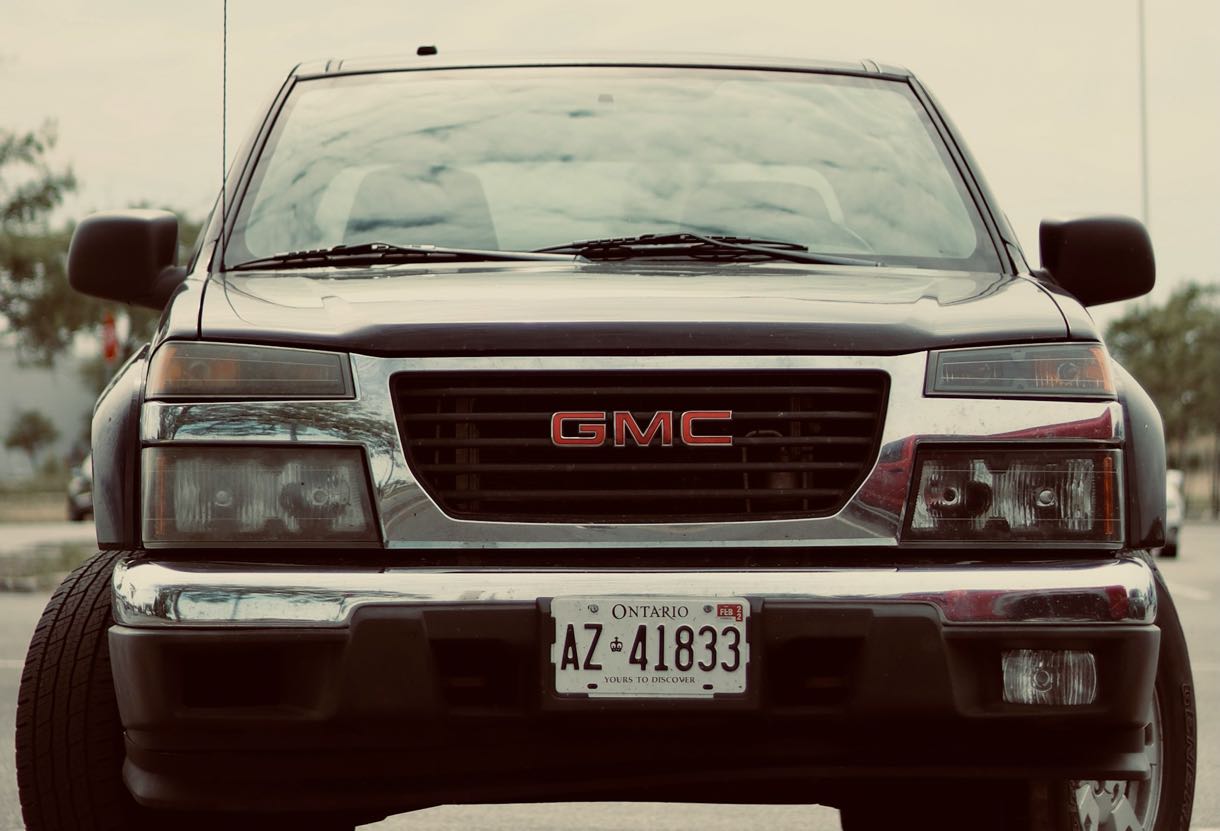With the globe moving more and more toward sustainable transportation, the European Union’s proposal to impose a 10% tax on exports of electric vehicles has caused ripples in the realm of international trade. Large automakers, who support fair trade environments, have risen to the forefront as a result of this action. The implications for the United States, where the electric car market is undergoing substantial expansion and upheaval, are the subject of particular attention. The imposition of these levies raises concerns over the state of the industry, market dynamics, and the trajectory of electric cars in the area going forward.
The proposed tariff has a wide range of effects, affecting suppliers, customers, manufacturers, and the larger ecosystem that supports electric cars. The industry is talking about strategic adjustments, competitive advantage, and creative ways to handle this complicated situation as stakeholders prepare for possible changes. A thorough understanding of the changing story of environmentally friendly transportation and the tactical interactions between global trade regulations and market growth are offered by the examination of these subjects.

Navigating Market Dynamics The imposition of the proposed tariff has the potential to be a turning point that profoundly changes the dynamics of the American economy. With major competitors from China, America, and Europe vying for market supremacy all the time, the application of this tax may reshape the competitive environment. This change may tip the odds in favor of non-European firms, prompting businesses all over the world to reassess their marketing approaches and positioning.
Deciphering Consumer Implications The imposition of this tax may result in increased costs for electric vehicles for American consumers, so reducing the allure of an already specialized market. Customers will have more options than ever before, with many choosing to balance the practicality and affordability of traditional automobiles against the attraction and environmental advantages of electric vehicles. This change in customer preferences may have a lasting effect on the rate of adoption of electric cars as well as the future course of the automotive sector.
Industry Response and Strategic Adaptation The makers of electric vehicles in the United States are facing a difficult situation and are considering several approaches to overcome this financial obstacle. Future developments, inventions, and strategy changes are anticipated as the sector works to lessen the effects and maintain market equilibrium. The industry’s response will be critical in defining the future course of the electric car market, affecting customer preferences, and influencing how sustainable mobility develops in the US.

Exploring Current Market Trends The American market for electric vehicles is made up of a diverse array of major companies, each of whom has carved out a niche and added market share. The terrain is fluid, a reflection of the combination of well-established organizations and up-and-coming innovators. Due to the competitive atmosphere created by this diversity, electric transport is advancing and reaching new heights.
Delving into Technological Advancements Technological strides in electric vehicle design and battery production are propelling the United States forward in the global arena. The country is in a technical arms race, with Chinese and European competitors exhibiting concurrent breakthroughs, all adding to the worldwide story of sustainable transportation. These developments will have a significant impact on transportation in the future and establish electric cars as a viable substitute for conventional fuel-powered vehicles.
Navigating Policy and Regulation The rules and regulations governing the electric car sector shape the government’s ongoing position, which is always changing. Government programs and business goals are combining to create a future in which electric vehicles are a fundamental part of the American lifestyle. This policy-innovation synergy is crucial to creating a national climate that will support the expansion and broad use of electric cars.

Navigating Market Evolution In the United States, the market for electric vehicles (EVs) is at a critical crossroads, poised for major change. The future is being shaped by a wave of up-and-coming businesses and revolutionary technical advancements that are not only opening up new avenues for business but also altering its boundaries. These changes herald a revolutionary era in which sustainability and innovation come together to propel the market into uncharted territory.
Driving Forces Behind Consumer Adoption The phenomena of consumers adopting electric vehicles is complex and impacted by a wide range of factors, including increased environmental concern and technical accessibility. Consumer tastes are dynamic and always changing, and it is anticipated that future trends will harmoniously combine affordability, sustainability, and practicality. The trend toward electric vehicles is anticipated to pick up steam as customers grow more conscious of how their decisions affect the environment, reshaping the competitive climate.
Charging Ahead: The United States in Global EV Competition The United States is making a name for itself in the global marketplace and is becoming a serious competitor in the electric vehicle industry. The complex interactions between global competitiveness, strategic partnerships, and regulatory frameworks are continually reshaping the industry and establishing the US as an essential player in the global green transportation story. The country’s competitive spirit and dedication to sustainability and innovation will likely shape the direction of the electric car market globally.
An important turning point in the development of the US electric car sector is the planned tax by the EU on exports of electric vehicles. This evolution reflects a change in consumer implications, industry responses, and market dynamics beyond just a simple legislative change. The environment surrounding electric vehicles is changing quickly, and the US is carefully negotiating the complex maze of new laws, regulations, and fierce global rivalry. Such a tariff would have far-reaching effects on several stakeholders and may even change the course of the industry.
It is crucial for market participants, legislators, and consumers to be educated and adjust to the constantly shifting conditions in this dynamic environment. In light of the proposed tariff, the United States, a major participant in the electric car market, presents both possibilities and problems. To navigate the challenges and ensure the continued growth and development of the electric car sector in the area, strategic answers, creative solutions, and a clear awareness of the global market will be necessary.
 Optimizing EV Transportation: Why Ship A Car, Inc. Leads the Way
Optimizing EV Transportation: Why Ship A Car, Inc. Leads the WayShip A Car, Inc. is the top option for delivering electric cars throughout the US in the ever-changing field of electric vehicle (EV) transportation. Our vast knowledge in managing EVs, together with our constant dedication to dependability and client satisfaction, solidifies our position as the best choice for all of your EV vehicle shipping requirements. We offer safe and quick delivery by handling every shipment with the highest care and accuracy, knowing the special needs of electric cars. Because of our team’s expertise in EV vehicle shipping, we can provide customized solutions to match the wide range of demands of our customers.
Recognizing the growing demand for electric vehicle transportation, we continuously strive to enhance our services to exceed customer expectations. Ship A Car, Inc. is here to make the process of shipping an electric vehicle easy, whether you’re moving, buying a new one, or need specialized EV car transportation. Please do not hesitate to contact us! For a free, no-obligation estimate on electric vehicle shipping services across the United States, give (866) 821-4555 a call. Allow us to handle the intricacies of electric vehicle (EV) transportation on your behalf, guaranteeing comfort and unmatched support at every turn.
Q1: How might the proposed EU tariff on electric vehicle exports affect the prices of electric vehicles in the United States?
A: The proposed tariff could potentially lead to increased prices as manufacturers might pass on the additional costs to consumers. However, the actual impact would depend on various factors including market dynamics, competition, and industry responses.
Q2: What are the current trends in the electric vehicle market in the United States?
A: The United States electric vehicle market is witnessing growth with the emergence of new players, technological advancements, and supportive government policies. Consumer preferences are also evolving, with a growing interest in sustainable and efficient transportation options.




